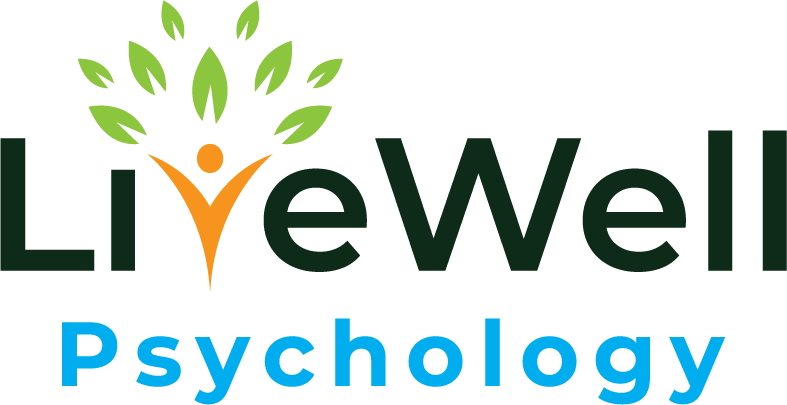Social Anxiety in the Age of Social Media
In our digital age, social media has become a central part of daily life, connecting us with friends, family, and even strangers from around the world. While it offers numerous benefits, social media can also worsen social anxiety, a condition characterized by intense fear of social interactions and judgment. At LiveWell Psychology, Dr. Tomasula aims to explore how social media influences social anxiety and provides strategies to manage its impact.
What is social anxiety? Social anxiety involves a persistent fear of being judged, embarrassed, or rejected in social situations. This fear can lead to avoidance of social interactions and significant distress in daily life. Symptoms include:
Fear of being judged or scrutinized
Avoidance of social situations
Physical symptoms such as sweating, trembling, and rapid heartbeat
Difficulty speaking or maintaining eye contact
How Social Media Can Worsen Social Anxiety
Comparison and Perfectionism: Social media platforms often present a highlight reel of people’s lives, leading to unrealistic comparisons. Consistently making these comparisons can heighten feelings of inadequacy and perfectionism, making us feel more self-critical and anxious about our own social interactions.
Fear of Judgment and Rejection: The need for likes, comments, and followers can create a sense of dependency on external validation. Negative feedback or a lack of engagement can be interpreted as personal rejection, intensifying social anxiety.
Overwhelming Information: The constant influx of information and updates on social media can be overwhelming, leading to anxiety and stress. The pressure to stay updated and connected can contribute to feelings of being overwhelmed and unable to cope.
Strategies to Manage Social Anxiety in the Digital Age
Limit Social Media Use
Setting boundaries for social media use can help reduce its negative impact. This might include:
Scheduling specific times for social media and sticking to them.
Using apps that track and limit screen time.
Taking regular breaks or digital detoxes.
Curate Your Feed
Follow accounts that promote positivity and mental well-being. Unfollow or mute accounts that lead to negative comparisons or stress. Focus on content that uplifts and supports your mental health journey.
Engage Mindfully
Be mindful of how you interact with social media. Engage in positive, supportive conversations and avoid negative or toxic interactions. Remember that you have control over your online environment.
Seek Professional Help
If social media is significantly impacting your mental health, consider seeking help from a psychologist or therapist. At LiveWell Psychology, Dr. Tomasula can help you find a more balanced approach to social media use while also providing effective strategies to manage social anxiety.
Social media is a powerful tool that can both support and challenge those with social anxiety. By understanding its impact and implementing strategies to manage its use, individuals can navigate the digital world more effectively. Remember, it’s important to prioritize your mental health and seek support when needed. Contact us at LiveWell Psychology to discuss how Dr. Tomasula can help make social media a positive force in your life, rather than a source of anxiety.

